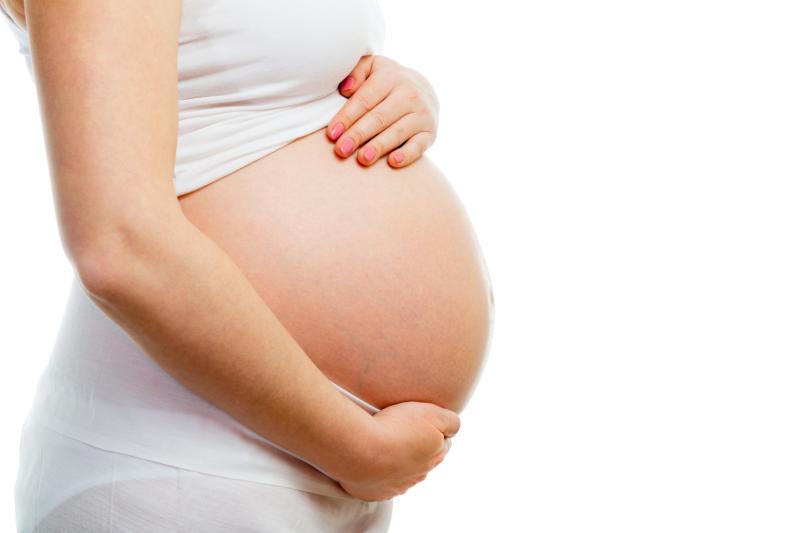
The risks of severe asphyxia-related complications are high in preterm infants born to mothers with overweight or obesity in early pregnancy, according to a study.
Researchers looked at a Swedish population-based cohort of 62,499 singleton preterm infants. A total of 766 infants had Apgar score 0–3 at 5 minutes (12.3 per 1,000 births), 438 with Apgar score 0–3 at 10 minutes (7.0 per 1,000 births), 304 with neonatal seizures (4.9 per 1,000 births), and 895 with intraventricular haemorrhage (IVH) grades 1–4 (14.3 per 1,000 births).
The mean early-pregnancy maternal body mass index (BMI) was 24.8 kg/m2, with 2.8 percent of the mothers being underweight (BMI <18.5 kg/m2), 21.4 percent overweight (BMI 25 to <30 kg/m2), 7.8 percent mildly obese (BMI 30 to <35 kg/m2), 3.7 percent severely obese (BMI ≥35 kg/m2), and 50.6 percent having normal weight (BMI 18.5 to <25 kg/m2).
Using the conventional approach (denominator for risk was all live births at a given gestational age), the adjusted risk ratios per 10-unit BMI increase were 1.32 (95 percent confidence interval [CI], 1.13–1.54) and 1.37 (95 percent CI, 1.12–1.67) for low Apgar scores at 5 and 10 minutes, respectively, 1.28 (95 percent CI, 1.00–1.65) for neonatal seizures, and 1.18 (95 percent CI 1.01–1.37) for IVH.
The corresponding risks of asphyxia-related outcomes were higher when analysis was performed using the foetuses-at-risk approach (denominator for risk was ongoing pregnancies at a given gestational age). Of note, the associations were partly mediated through lower gestational age.
The findings indicate that interventions reducing obesity in women of reproductive age may help reduce the risks of asphyxia-related complications in preemies.